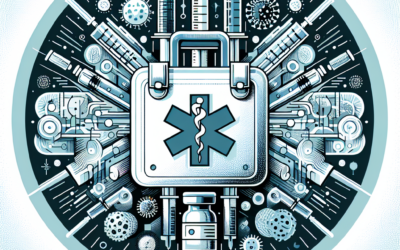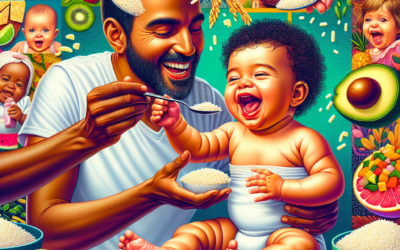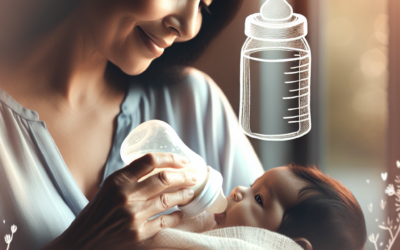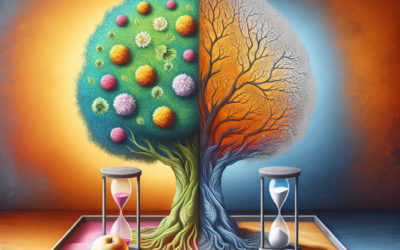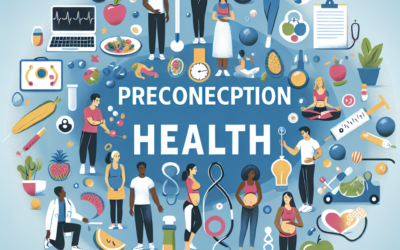Introduction
Milestones during pregnancy and the early stages of a baby’s life are critical indicators of development. They provide a framework for parents and caregivers to understand the progression of growth, health, and well-being, ensuring that both mother and child receive the necessary support during this extraordinary period.
Pregnancy Milestones
Pregnancy is a time filled with anticipation and excitement, marked by several significant milestones. Each trimester brings its own set of changes and developments.
First Trimester (Weeks 1-12)
- Week 4: A missed period may lead to a home pregnancy test. Positive results confirm pregnancy, and the embryo is developing rapidly.
- Week 8: The embryo’s heart begins to beat and can often be detected during a first ultrasound.
- Week 12: By the end of the first trimester, most women experience a decrease in nausea, and the fetus has developed vital organs, muscles, and nerves.
Second Trimester (Weeks 13-26)
- Week 16: The gender of the baby may be visible during an ultrasound, and the mother may start to feel the first movements known as "quickening."
- Week 20: The halfway mark! An anatomy scan often occurs around this time to check the baby’s growth and development.
- Week 24: The baby is now viable, meaning there’s a chance for survival outside the womb with medical assistance.
Third Trimester (Weeks 27-40)
- Week 28: The fetus will continue to grow rapidly, and Braxton Hicks contractions may begin to occur as the body prepares for labor.
- Week 36: The baby is usually head-down in preparation for birth, and the mother may start experiencing more physical discomfort due to the baby’s size.
- Week 40: Full term. The baby is ready for delivery, and the mother may experience signs of labor.
Baby Milestones
Once the baby arrives, tracking developmental milestones becomes essential. These milestones are grouped into several domains: motor skills, communication, cognitive development, and social/emotional growth.
Newborn to 3 Months
- Physical Development: Babies will start to lift their heads while lying on their stomachs around 1-2 months.
- Communication: Newborns communicate through crying, and by 2-3 months, they will begin cooing and making other sounds.
- Social Development: Smiling socially around 2 months is a joyous milestone.
4 to 6 Months
- Physical Development: By 4-5 months, babies can roll over and sit with support; they may also start to reach for and grasp objects.
- Communication: Babbling begins, and they can respond to their name by 6 months.
- Social Development: They recognize familiar faces and may show shyness around strangers.
7 to 12 Months
- Physical Development: Crawling typically starts around 8-9 months, and many babies begin pulling themselves up to stand.
- Communication: First words, like "mama" or "dada," may occur around 10-12 months.
- Cognitive Development: Object permanence develops, leading them to understand that objects continue to exist even when out of sight.
1 Year and Beyond
- Physical Development: Many children will take their first steps between 9-15 months.
- Communication: Vocabulary expands, and they may begin to use simple words to express their needs.
- Social Development: One-year-olds show preferences for specific people and may exhibit separation anxiety.
Conclusion
Tracking milestones is a valuable way to monitor both pregnancy and infant development. Parents should stay informed and seek guidance from healthcare providers when necessary, as each child develops at their own pace. Understanding these milestones helps create a supportive environment for growth, fostering health and happiness for mother and baby alike.





